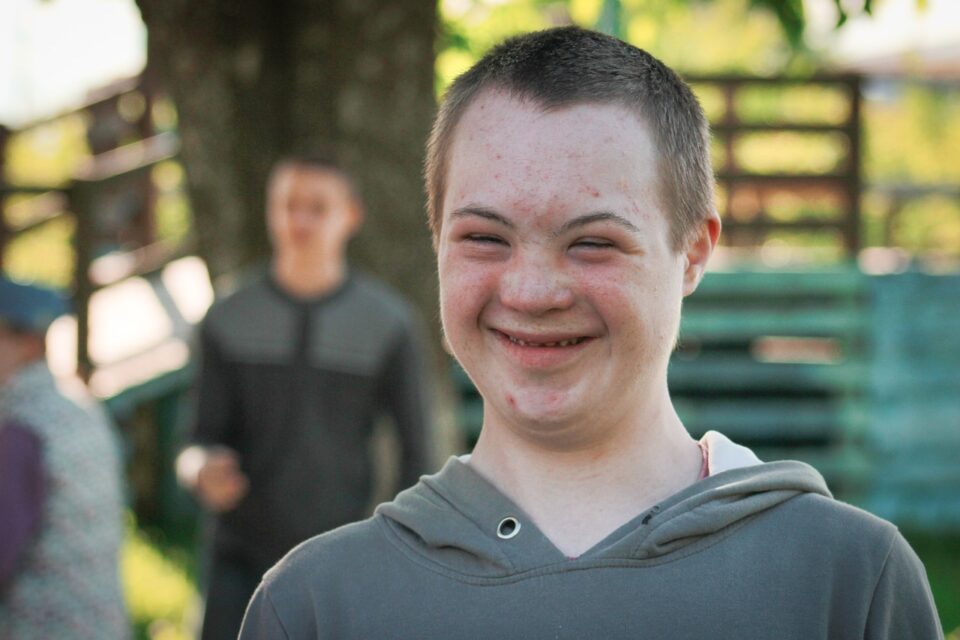
REILLY: Teachers Are Stuck in a ‘Survival Mindset’: Here’s How to Help
April 22, 2022
This District Will Cram All State Sex Ed Standards Into Half-Hour On Last Day of School
April 25, 2022Are the New Sex Ed Standards ‘Salacious and Inappropriate’? Depends on Whom You’re Asking
In the interest of equal time, below is information shared by state Senator Holly Schepisi earlier today. Here she defends herself against charges of circulating “intentional misinformation” (via the state teachers union) about the Murphy Administration’s soon-to-be-implemented sexual education standards. She references the following groups: Amaze, which says it takes the “awkward out of sex ed”; Advocates for Youth, which says “reproductive and sexual health and rights are inextricably tied to social justice”; Siecus, which says “sex ed should be accessible, equitable, and inclusive for all”; Rutgers Answer Group, which “provides and promotes unfettered access to comprehensive sexuality education for young people and the adults who teach them”; and a collaboration that seeks to start a “national dialogue about the future of sex education and to promote the institutionalization of comprehensive sexuality education in public schools.”
A few notes: The 2020 New Jersey Student Learning Standards for Comprehensive Health and Physical Education describe Social and Sexual Health this way:
“Social and Sexual Health is a person’s ability to communicate and interact with others efficiently. Individuals are able to form meaningful relationships with others and interact in healthy, appropriate ways. They encompass respect and accept differences of an individual’s race, religion, gender identity, gender expression, ethnicity, disability, socioeconomic background, and perspectives of health-related decisions. The extent to which people connect with others in different environments, adapt to various social and sexual situations, feel supported by individuals, institutions, and experience a sense of belonging, all contribute to social and sexual health.”
The links below the standards take you to the NJ Department of Education’s suggested course content, although individual districts are free to look elsewhere. The link to the DOE-suggested National Sexuality Education Standards includes this: “The Future of Sex Education (FoSE) Initiative is a partnership between Advocates for Youth, Answer and the Sexuality Information and Education Council of the U.S. (SIECUS) that seeks to create a national dialogue about the future of sex education and to promote the institutionalization of comprehensive sexuality education in public schools. To learn more, please visit www.futureofsexed.org.” Another suggested source is, as Schepisi says, the Rutgers Answer Group.
Thus, the Senator is correct, although it’s worth noting there are less politicized resources on the DOE site.
Here is Schepisi’s note tweeted by the state GOP:
A needed reality check for @GovMurphy, @vingopal (the architects of New Jersey's revised curriculum standards that would impose salacious, inappropriate content on young elementary schoolers).
Courtesy of Senator @HollySchepisi. Thanks for fighting for kids & parents, Holly pic.twitter.com/m00wfQVULU
— New Jersey GOP (@NJGOP) April 21, 2022




